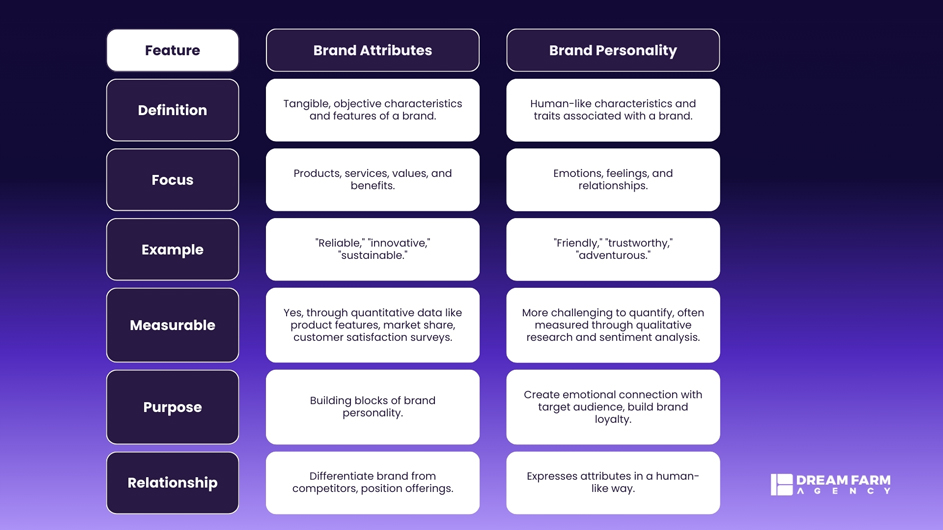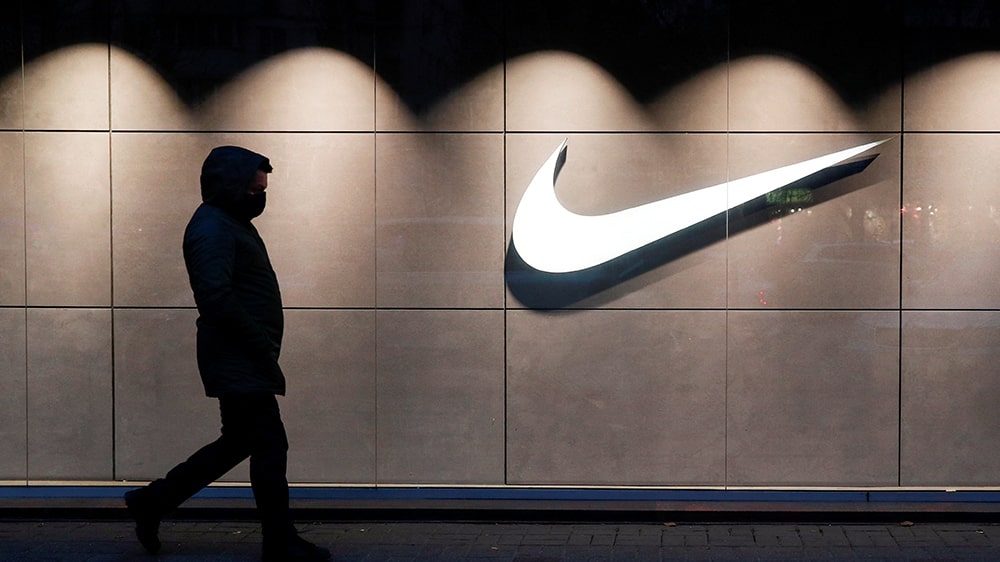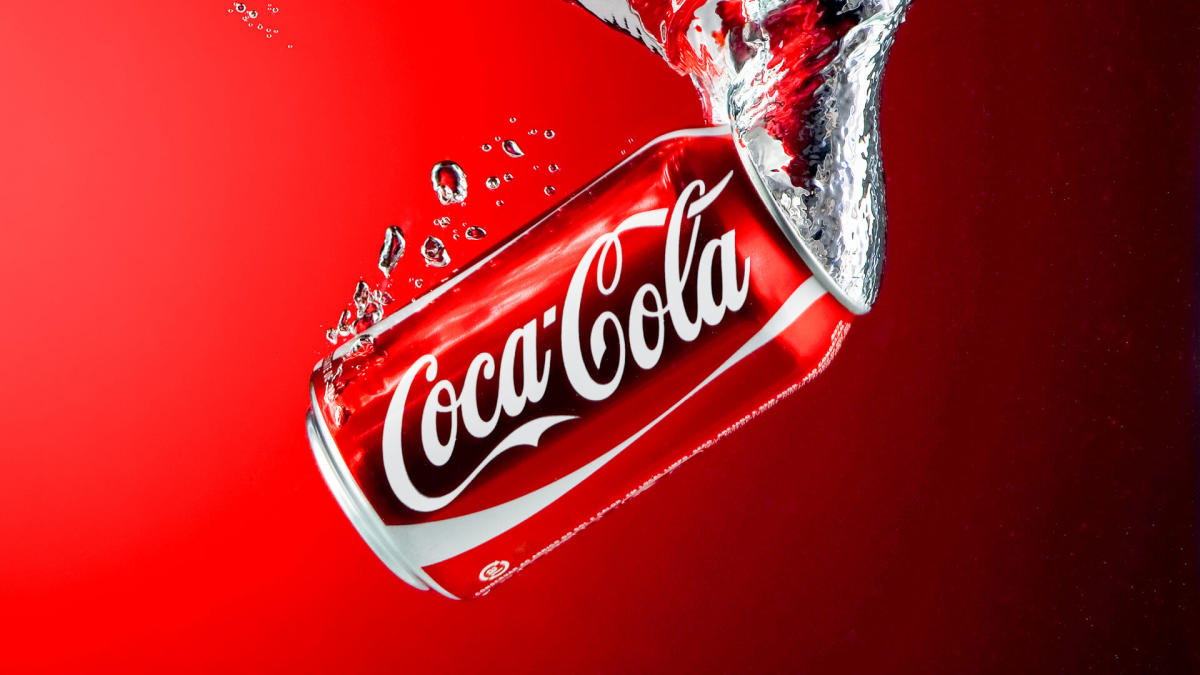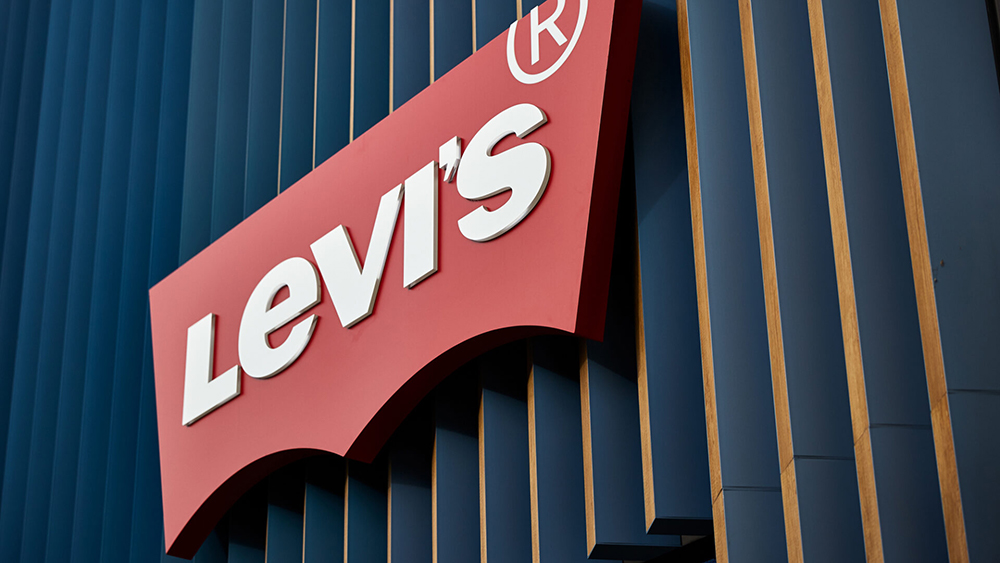
A brand is more than just a logo or name. Successful brands have a unique personality made up of special qualities or “attributes” that connect with customers. These brand attributes are carefully chosen to resonate with ideal customers and make memorable, lasting impressions. Over time, a brand’s attributes become as recognizable as its visual identity or tagline.
When people think of brands like Apple or Nike, certain qualities like “innovative” or “bold” likely come to mind automatically.
This guide will explore what brand attributes are, why they matter, and how you can define the attributes that set your brand apart.
We’ll cover everything you need to know about brand attributes, including:
What Are Brand Attributes?
Brand attributes are a collection of defining characteristics and traits that make up a brand’s personality, values, and culture. They embody what a brand stands for.
Picture your favorite brand as if it were your friend. What words would you use? Dependable? Funny? Wise? The specific qualities you’d choose, both positive and negative, make up that brand’s attributes.
Popular brands have well-defined attributes that make them memorable and appealing to customers.
Coca-Cola might be classic, Nike could be innovative, and Disney might feel magical. Their attributes explain what makes them unique in understandable “human” terms.
These human-like attributes explain what makes a brand unique in a way that resonates emotionally with target audiences. Customers are drawn to brands they can relate to as partners over time.
Strong brand attributes also provide helpful guidance for internal teams to align choices with brand identity when making decisions.
By clearly defining the authentic attributes that you and your customers genuinely connect with, you lay the groundwork for deeper shared bonds and success.
Let’s explore the difference between brand attributes and the closely related concept of brand personality.

A List Of Brand Attributes
To help explain brand attributes, here is a short list of some potential positive and negative ones. It’s not a complete list – there are many other possible attributes.
Brand Attributes Vs. Brand Personality
Brands are a lot like people – we assign them human-like traits that shape their “identity.” This identity drives how consumers view and connect with a brand, similar to how they’d relate to a person.
Brand attributes and brand personality are two concepts that help make up this identity. However, these two related concepts are sometimes mixed up. Here’s an easy way to understand the difference:

Brand attributes describe what a brand actually stands for and represents. Recent studies show that trust, creativity, and authenticity strongly influence whether customers buy from a brand. This shows how important the right brand attributes are for connecting with target audiences. In essence, attributes make up the brand’s character and identity.
What Is Brand Personality?
A brand’s personality refers to the specific traits or characteristics that a brand displays to get customers to feel emotions or connections toward the brand. In other words, Brand personality means the human qualities that a brand’s target audience thinks it has, even though brands aren’t actually people. It’s the characteristics consumers would use to describe the brand if it had a personality like a person.
For example, customers might see an athletic clothing brand as “motivating” or “stylish.” Or a cleaning brand could be “friendly” or “helpful.” The traits depend on what qualities the audience observes from the brand’s messaging and products that appeal to them on a personal level.
There are a number of different models that describe brand personality. This article will focus on one popular model, Jenifer Aaker’s 5 Dimension brand personality model.
She defines brand personality as “The set of human characteristics associated with a brand.” (J. Aaker, 1997)
Based on this model, Brand personalities tap into basic dimensions like:
- Competence: Intelligent, Successful, Reliable
- Sophistication: Upper-class, Charming
- Excitement: Daring, Spirited, Imaginative, Up-to-date
- Ruggedness: Outdoorsy, Tough
- Sincerity: Honest, Wholesome, Down-to-earth, Cheerful
Let’s see some brand personality examples:
A children’s toy brand would aim to project excitement, fun, and creativity a high-end fashion line like Gucci focuses on sophistication, prestige, indulgence, and sensuality. An insurance company like Progressive focuses its personality on reliability, clarity, and responsiveness. Whole Foods Markets highlights community, ethical sourcing, and local mindfulness with its humble brand personality. Gillette goes for an aura of rugged handsomeness and dependability in sync with its target male demographic. The shaving brand aims to embody masculinity and self-assurance.
These examples showcase how diverse brands sculpt their personalities to connect with target demographics on an emotional level based on psychographic drivers and aspirations. The brand personality dimensions provide an archetypal framework while the attributes get explicitly tailored.
In summary:
Brand attributes = Characteristics depicting what a brand stands for
Brand personality = Specific traits projected to connect emotionally with customers
“We study brand attributes and brand personality to create a “personality profile” for a brand. This profile helps us better understand the brand internally at first. Then we can use it to explain the brand clearly to people externally.”
Now that we’ve clarified the difference between the two concepts let’s look at the main types of brand attributes.
Types Of Brand Attributes
There are two main categories of brand attributes:
Hard Brand Attributes
Hard attributes refer to the concrete, tangible aspects of a brand that can be directly controlled, like:
- Name – A memorable and distinctive name like Apple or Starbucks helps encapsulate brand identity
- Logo & Visual Identity – Visuals like Apple’s iconic apple shape or Jaguar’s eye-catching logo enable instant recognition.
- Slogan – A catchy slogan expresses what the brand stands for, like L’Oreal’s “Because you’re worth it” or “Red Bull gives you wings.”
- Products & Services – Flagship products showcase brand promise. Brands get recognized by hero products. For example, BMW is known for premium-performance vehicles.
- Packaging – Premium or budget packaging signals brand personality. A famous example is Tiffany’s Little Blue Boxes.
In essence, these functional elements broadcast a brand’s identity.
Soft Brand Attributes
Soft attributes describe abstract personality traits and values associated with a brand. Since these intangible characteristics come from audience perceptions, brands can influence but not completely control them.
Soft attributes include descriptors like:
- Trustworthy
- Helpful
- Innovative
- Compassionate
- Witty
These attributes shape brand personality and emotional connections with target consumers by bringing brand personality to life. Soft attributes often resonate more meaningfully with audiences.
Look at why brand attributes are so crucial from a business perspective.
The Importance Of Brand Attributes
Choosing the right brand attributes is key to branding and marketing success. Here are a few key reasons why taking the time to define your brand attributes is worth it:
1. Stand Out From The Crowd
With so many options these days, it’s hard for businesses to be noticed. Your brand attributes signal what sets you apart from competitors. They help your brand carve a unique niche and meet customer needs in a way others can’t copy.
2. Build Real Understanding
Great attributes reflect what real people care about. They create a natural link between your values and those of your audience. This helps your brand form meaningful relationships based on shared qualities beyond simple transactions.
3. Staying Consistent In Everything
Well-defined attributes allow you to position your brand strategically and reinforce the same positive message everywhere. From social media to sales discussions, they ensure everyone presents a cohesive brand story over time.
4. Make Smart Choices As One Team
Attributes provide guidance for decisions across departments like marketing, support, and product development. This unites employees and helps the whole business operate as one cohesive force serving the same customer needs.
5. Builds Trust And Loyalty
Resonating attributes develop understanding and affinity with people. Satisfied customers become your brand’s biggest advocates, promoting you through their social networks. Their endorsements attract new customers organically and cost-effectively.
In the end, taking time upfront to refine your brand’s core traits pays off in focus, connections with people, and business success down the line.
Next, let’s explore ways to measure the traction and impact of brand attributes.
“People go to Disney because they know its brand attributes. We believe we have an opportunity to go with our content directly to consumers.” Bob Iger- CEO of Disney
Measuring The Impact Of Brand Attributes
How do you know if your brand attributes are working? Gauging how well your brand attributes connect requires understanding what people think. While attributes live in customers’ minds, there are helpful ways to measure awareness and impact.
Here are five key ways to measure brand attribute impact:
1. Brand Surveys: Ask Your Audience Directly
Surveys collect first-hand data straight from target audiences. Asking direct questions via beans surveys gives valuable data from real people.
- Which words describe our brand? Friendly, honest, innovative, and approachable?
- In your experience, which brand attributes resonate most?
2. Brand Search Volume
The volume of branded searches and search queries about your brand indicates brand awareness and interest. Monitoring search traffic provides real-time data on traction.
- Measure month-over-month search queries for your branded keywords
3. Social Listening
On social media platforms, watch mentions and hashtags to see what aspects spark engagement.
- Track engagements and sentiment of brand mentions
4. Brand Advocates
Happy customers who feel understood become your biggest advocates. Tools like Net Promoter Score measure how likely people recommend you based on attributes. Strong attributes lead to enthusiastic referrals and reviews.
- Measure the percentage of promoters via Net Promoter Score (NPS)
5. Sales Lift Analysis
Correlating marketing campaigns focused on attributes to sales lets you see a direct impact. For example, an ad highlighting a sports brand as “innovative” may boost shoe sales the next month. Data shows what truly resonates.
You gain a full picture of how your defined attributes perform over time by seeking diverse feedback and data sources. Regular measurement helps maximize the power of a strong brand identity. Next, let’s explore attribute examples in action.
Brand Attribute Examples
Let’s explore some well-known brands and the key attributes that define them:
Nike
Core Attributes:
- Motivating
- Bold
- Dynamic
- Athletic
Nike is all about human potential through athletic achievement. Their emotive messaging, such as “Just Do It” and the iconic Swoosh logo, energize audiences to push physical limits. Partnerships with world-class athletes exude dominance of the sports category. The Nike brand exudes high-quality sporting dynamism from product design to point-of-sale displays.

Coca-Cola
Core Attributes:
- Uplifting
- Unifying
- Cheerful
- Familiar
As one of the most recognized consumer brands globally, Coca-Cola elicits feelings of joy, community, and nostalgic familiarity. Their consistent branding featuring the iconic ribbon and white scripted logo makes the brand universally identifiable. Marketing campaigns spotlight values of togetherness with depictions of friends sharing happy moments. Their fizzy beverages uplift consumers worldwide.

Volvo
Core Attributes:
- Protective
- Dependable
- Sturdy
- Safety-focused
Volvo builds cars from vehicle frame materials to driver assist technology to provide passengers with complete protection. Their branding underscores reliability with subtle Swedish color tones and emphasis on longevity. Volvo owners experience ultimate reassurance, knowing their car brand has their back. The badge elicits attributes of stability and security.

Dove
Core Attributes:
- Caring
- Inclusive
- Empowering
- Real
As a brand centered around self-care, Dove deliberately cultivates messages showcasing the beauty in reality. Marketing depicts women with myriad shapes, sizes, ages, and races as a pushback against restrictive ideals. Product formulations pamper bodies gently. Their branding and messaging foster self-esteem by embracing real people.
Levi’s
Core Attributes:
- Durable
- Dependable
- High-Quality
- Classic
Levi’s jeans are built to last through years of wear. Their timeless designs stay away from fleeting fast fashion trends, focusing on well-made materials. When items eventually do sustain damage, Levi’s offers repairs to extend product lifespans. Their brand story dates back over a century fueling perceptions of authenticity. Marketing spotlights ‘true blue’ fans ranging from industrial workers to fashion models. Levi’s fosters loyalty through the consistent delivery of sturdy apparel.

Volkswagen
Core Attributes:
- Reliable
- High-Quality
- Stylish
- Classic
Spanning decades filled with design and technology shifts, Volkswagen maintains its reputation for dependable vehicles. Touchstone models like the Beetle and VW Bus attained icon status for their unique personality meeting practical daily utility. Volkswagen communicates its priorities of safety, quality engineering, and lasting value. Their brand consistently signals sensible German craftsmanship to appeal to sensibility more than flashy excess. Customers trust Volkswagen to transport them comfortably and capably well past short-lived trends.

Nivea
Core Attributes:
- Caring
- Gentle
- Dependable
- Honest
With an understated blue and white logo, Nivea skin care products present themselves as a safe, reliable choice. Without competitors’ glamor and grand promises, Nivea focuses its attributes on gentle kindness. Marketing centers on self-care more than dramatic transformations. Soothing formulations and minimalist packaging aim to comfort rather than overwhelm. Unfussy effectiveness conveys sensitivity to delicate skin. Nivea fosters trust through simplicity and sensitivity.
Apple
Core Attributes:
- Innovative
- Intuitive
- Design-focused
- Premium
At the intersection of technology and art, Apple products are astonished with seamless user experiences based on advanced engineering. Their acclaimed designers conjure sleek minimalist products that feel both cutting-edge and intuitively obvious to operate. Apple consistently anticipates needs people don’t realize they have. Fan events build anticipation for the newest revelations. While premium-priced, the brand retains legions of loyalists who align with Apple’s future-forward vision.

How To Identify Your Brand’s Attributes
You can tap into the following process to articulate what sets your brand apart:
1. Know Your Target Audience
Who buys from you? Understand your customers’ lives, pains, and dreams; and create detailed buyer personas.
2. Map Your Brand Vision & Values
A guiding vision is essential. It shows where you’re headed as a company.
Start by imagining your ideal future – how you want to have helped or changed things. For example, Tesla’s vision is “accelerating the world’s transition to sustainable energy.”
Core values ground this vision. Values describe your principles for interacting with people. Amazon values “customer obsession” while Patagonia commits to “restoring the natural environment.”
Together, your vision and values form a brand constitution. They should:
- Inspire – Frame an uplifting vision people can rally behind
- Consistency – Ensure alignment between vision and values
- Uniqueness– Articulate unique viewpoints
- Appeal – Resonate with target audience motivations
- Integrity – Honor values consistently through actions
With a north star and moral compass defined, your brand purpose provides clarity for any choice. Teams then share this purpose authentically through all interactions and products.
3. Find Your Brand Differentiators
Compared to others, what do you offer that’s special? Look at price, quality, service – whatever makes you stand out. Dig into why customers choose you.
4. Check The Brand Experience
Look at how customers interact with you – learning about you, buying, getting help later. Celebrate what you do well. Highlight strengths to promote as assets.
5. Gather External Views
Talk to customers, conduct surveys, and read reviews/mentions to collect outside impressions of your brand. Listen without bias for real perspective.
6. Summarize The Attributes
Based on the insights gathered, compile words and phrases that capture your essence. Make sure these fit who you aim to be.
7. Reinforce The Attributes
Weave your brand attributes through verbal and visual messaging across channels. Consistency over time cements your distinctive market position.
Doing this groundwork ensures you highlight the right aspects forming meaningful connections with customers. Your brand attributes are how you shine!
Let’s recap the key takeaways:
Final Words
What truly sets your brand apart in a meaningful way? Its defining attributes.
Attributes describe the qualities that form your brand’s unique personality and character. They communicate what your brand stands for. When chosen well, attributes let your brand relate to customers on a deeper level. People connect with brands that reflect their own values. Strong attributes also guides how your brand shows up consistently. This helps customers form lasting bonds of loyalty over time.
Taking time to uncover your brand’s authentic attributes pays off. It enables powerful marketing and fosters real understanding with people. So discover the special powers within your own brand that make it a compelling choice for people. Attributes are how you make lasting connections.
Ready to forge lasting connections with your customers? Our brand design service can help you uncover your defining attributes, craft a compelling brand story, and develop a cohesive visual identity that brings it all to life.

Rojan



